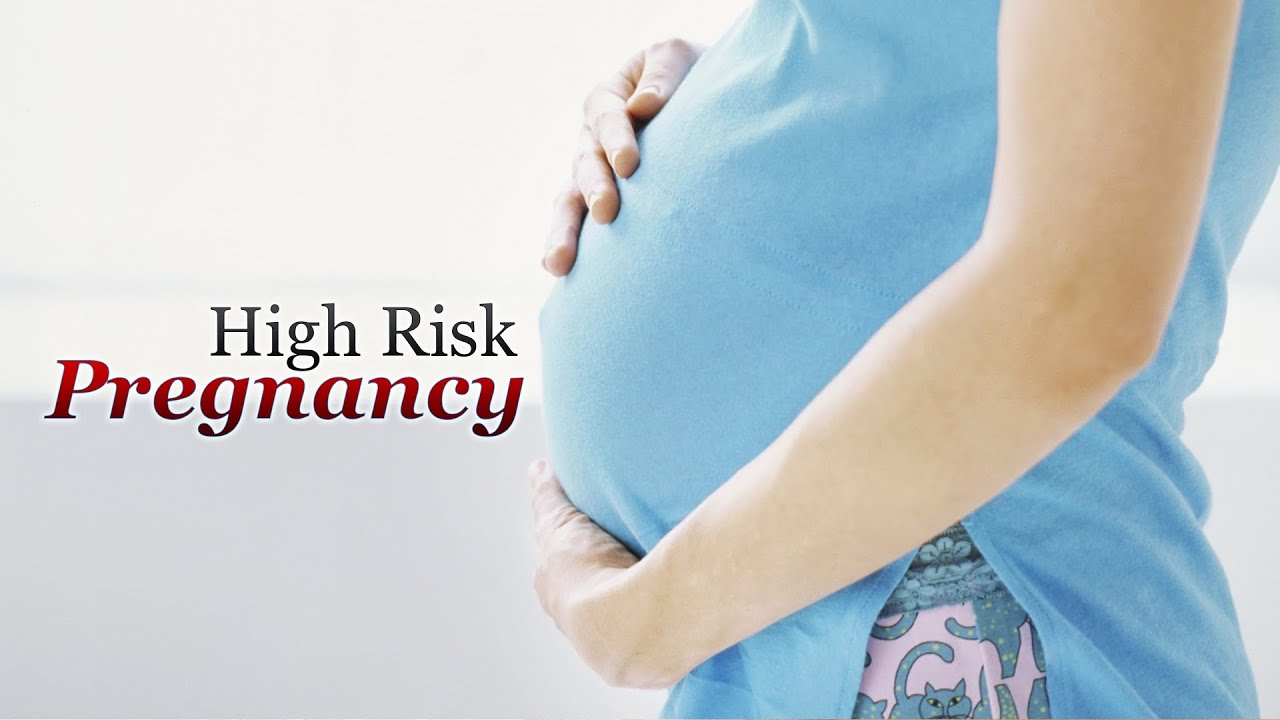High Risk Pregnancy Management
High Risk Pregnancy
Medically speaking, pregnancies could be either straightforward, or low risk, that need routine
antenatal care, or sometimes High risk. High Risk is a term used not to scare the parents, but just
to explain that high risk pregnancies are the ones that need more care and monitoring.
Extra antenatal visits to monitor more closely
Referral to a specialist in maternal-fetal medicine, genetics, pediatrics or other areas
Various tests, Ultrasounds, or procedures in addition to routine prenatal screening tests
Tertiary care hospital that offers special care and facilities like level 3 nursery, ICU
Most women who have high risk pregnancies go on to deliver successfully and have healthy children.
What is a High Risk Pregnancy?
A mother could have a high risk pregnancy if:
Her age is under 17 or over 35
She has 5 or more children
She has become pregnant again within 3 months of her delivery
Lifestyle choices: Smoking, alcohol, illegal drugs
If a woman has underlying conditions like obesity, diabetes, high blood pressure, epilepsy,
anemia, infection, underlying renal, mental health condition, cancer, heart disease, lupus,
rheumatoid arthritis, inflammatory bowel disease, or an autoimmune disorder
If she has had a previous surgery on the uterus like C-section, fibroid removal
She is carrying twin or multiple pregnancies
If the parents have a personal or family history of birth defects
If she has a personal or family history of uterine or placental abnormalities
If there were complications with prior pregnancies
There are fetal growth issues or abnormalities
If she suffered recurrent miscarriages or pregnancy loss
If she had a prior preterm delivery before 37 weeks gestation
A low risk pregnancy could turn into high risk at any time, if the mother develops complications
like:
Problems with the uterus, cervix or placenta
Severe morning sickness (hyperemesis gravidarum)
Rh (rhesus) sensitization
Preterm labor
Hypertension in pregnancy
Placental abruption
Gestational diabetes
Cervical incompetence
Placenta previa
Intrauterine growth restriction (IUGR)/FGR
Polyhydramnios/oligohydramnios
Overdue pregnancy
What Steps Can Parents Take as Precautions to Prevent/Manage a High Risk Pregnancy?
Schedule a preconception appointment - Meet your gynecologist when planning pregnancy.
Be cautious when using assisted reproductive technology (ART) or IVF
Seek regular prenatal or antenatal care, don't miss your regular pregnancy checks
Eat a healthy diet
Gain weight wisely
Avoid risky substances
Stay away from people who have colds and other infections
What Warning Signs Should I Be Careful Of?
You should report to your doctor in case of:
Vaginal bleeding
Fever, loose motions, persistent vomiting
Pain or burning with urination
Pain or cramping or pelvic pressure in the lower abdomen
Watery vaginal discharge: in a gush or a trickle
Regular or frequent contractions — a tightening sensation in the abdomen
Baby has stopped moving or is moving much less than normal
Changes in vision, including blurred vision
Sudden swelling of your face, hands, or feet
Persistent headaches


